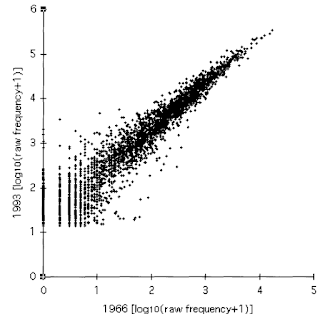1480: Multilingualism and Healthcare Dec 31, 2018
Writing in multiple languages is not just a convenience for some, but it has in many instances saved lives. Many organizations around the world work to publish healthcare information for minority or otherwise underserved groups in order to make sure that they know what and how to access medical information. Nevertheless, the problem for many, especially in areas with high levels of diversity is cyclical, that those who can't understand—and sometimes can't afford these services—don't go, so there isn't an immediate demand for the necessarily services. Support Word Facts on Patreon to get access to Word Theories and the Word Facts Podcast, and other perks here: https://www.patreon.com/wordfacts

